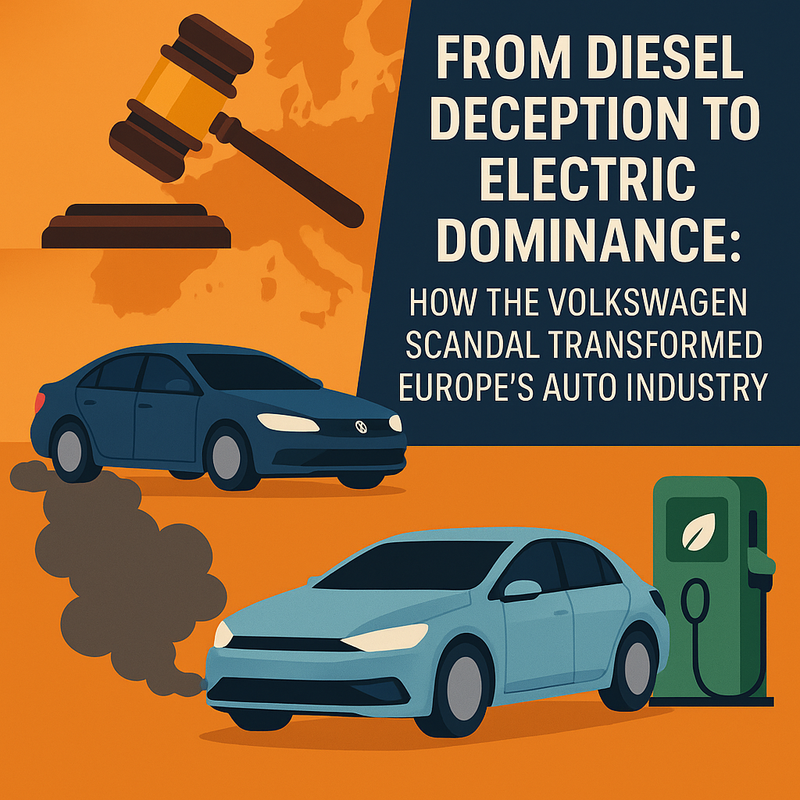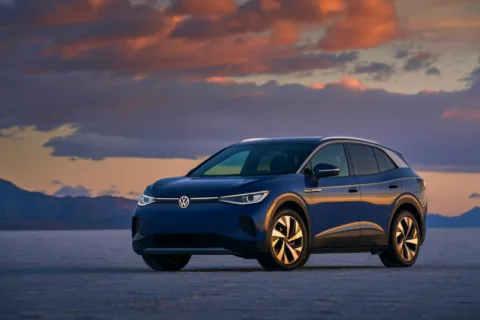Introduction: A Turning Point in Automotive History
The long shadow of the Volkswagen emissions scandal reached another milestone as four former VW executives were sentenced to prison in Germany. This verdict not only concludes a three-year trial in Braunschweig but also highlights a broader transformation in Europe’s automotive industry. A scandal that began over a decade ago has now reshaped how the continent views diesel technology and accelerated its shift toward cleaner, electric alternatives.
The Trial: Justice After a Decade
On Monday, the German court delivered a verdict against four former Volkswagen leaders, holding them accountable for their role in one of the most infamous cases of corporate fraud in automotive history. The case, ongoing since the emissions scandal broke in 2015, emphasized the need for transparency and ethical engineering within the auto industry.
The Role of Jens Hadler and the Diesel Deception
Among those sentenced, Jens Hadler—former head of diesel engine development—received the harshest penalty: four and a half years in prison. According to the court, Hadler was the key orchestrator of a scheme that involved embedding software in diesel vehicles. This software allowed cars to detect emissions testing scenarios and temporarily reduce pollutants, while polluting far more under normal driving conditions. This deception not only misled regulators but also violated the trust of millions of consumers worldwide.
The Fallout: Diesel’s Decline in Europe
The scandal drastically shifted public opinion and regulatory sentiment toward diesel technology. Once heralded as an eco-friendly alternative to gasoline, diesel-powered vehicles made up over 50% of Europe’s market before the scandal. Today, that figure has plummeted to around 10% of new car sales—a dramatic fall illustrating a fundamental change in consumer behavior and policy direction.
From Scandal to Sustainability: Rise of Electric Vehicles
In the wake of this crisis, Europe has embraced electrification with unprecedented urgency. Electric vehicles (EVs) and plug-in hybrids now account for 25% of all new vehicle sales across the continent. Notably, Volkswagen has reinvented itself, emerging as Europe’s top EV manufacturer. In April alone, VW sold three times more battery-powered cars than Tesla, according to The New York Times.
This momentum reflects not just regulatory pressure, but also growing consumer demand for sustainable and efficient mobility solutions.

Trenzest’s Takeaway: Innovation Born from Crisis
At Trenzest, we believe moments of crisis can catalyze powerful transformations—whether in industries or individual businesses. The shift from diesel to electric vehicles is a testament to how rapid adaptation and consumer trust can redefine a market. Similarly, entrepreneurs and tech innovators can leverage transparency, sustainability, and adaptability as competitive advantages.
Conclusion: Looking Ahead
The sentencing of these former VW executives is more than a legal conclusion—it’s a symbol of accountability and change. Europe’s pivot from diesel dominance to electric mobility serves as a compelling case study in how industries can reinvent themselves under pressure. For startups, marketers, and tech enthusiasts alike, the lesson is clear: innovation thrives in times of disruption.
Stay informed on trends shaping our world. Visit Trenzest for the latest in emerging technologies, business insights, and market transformation stories.




